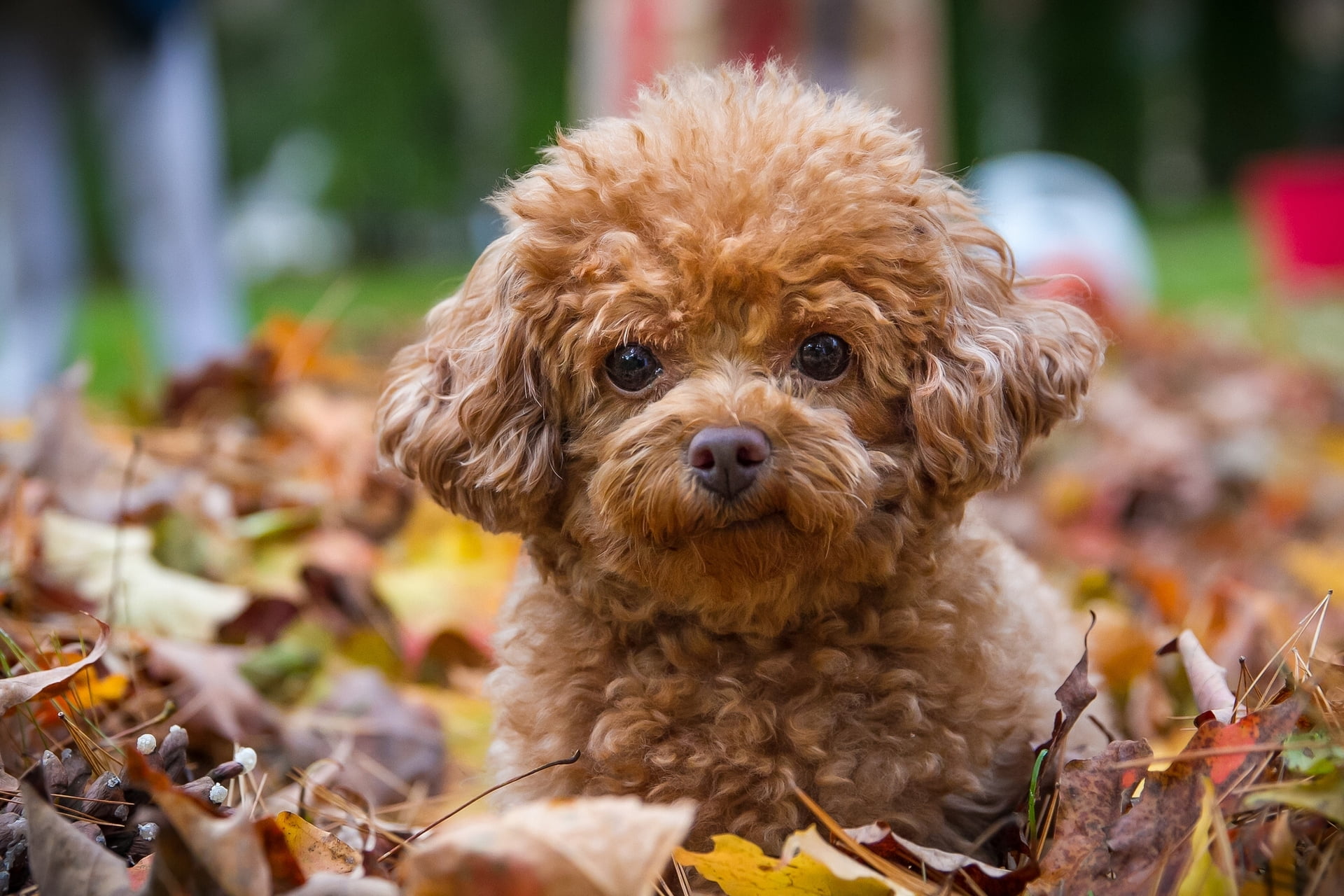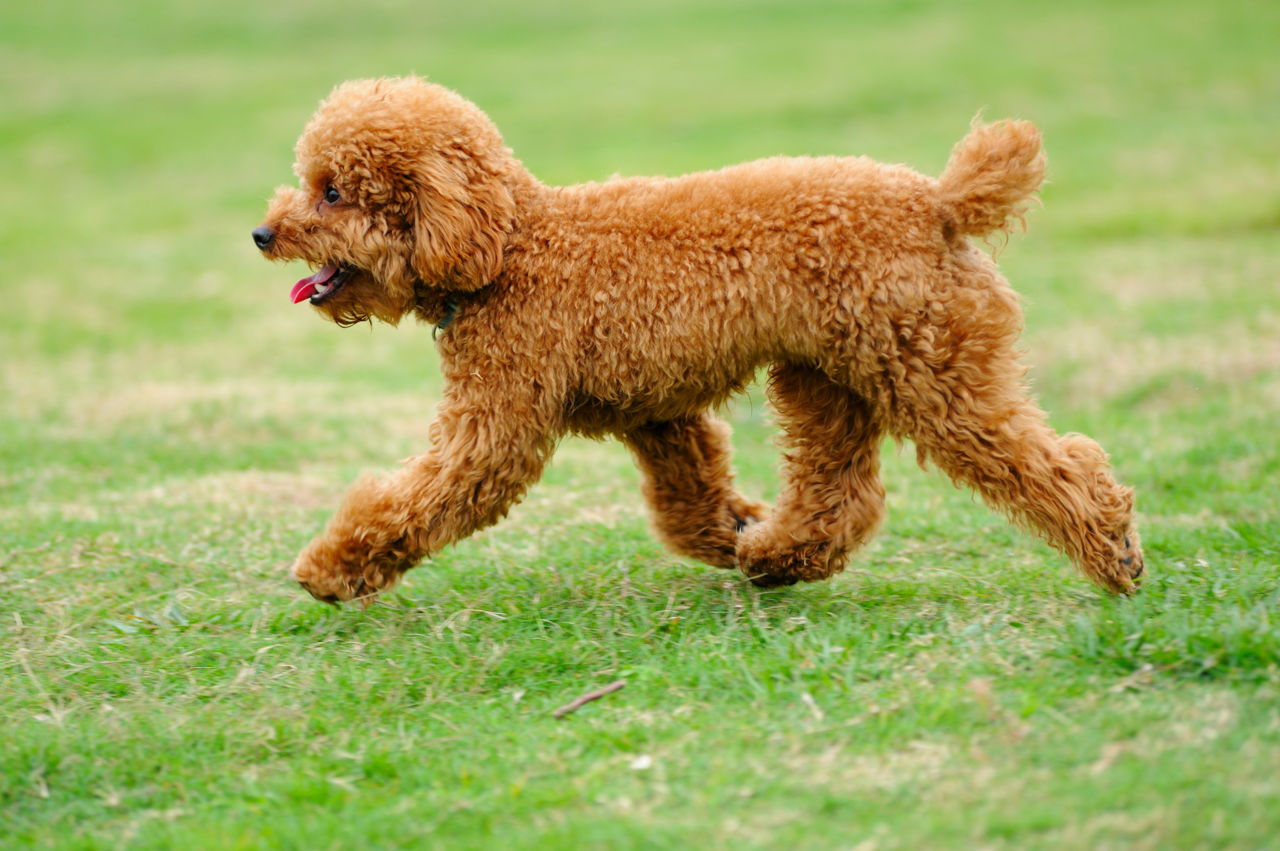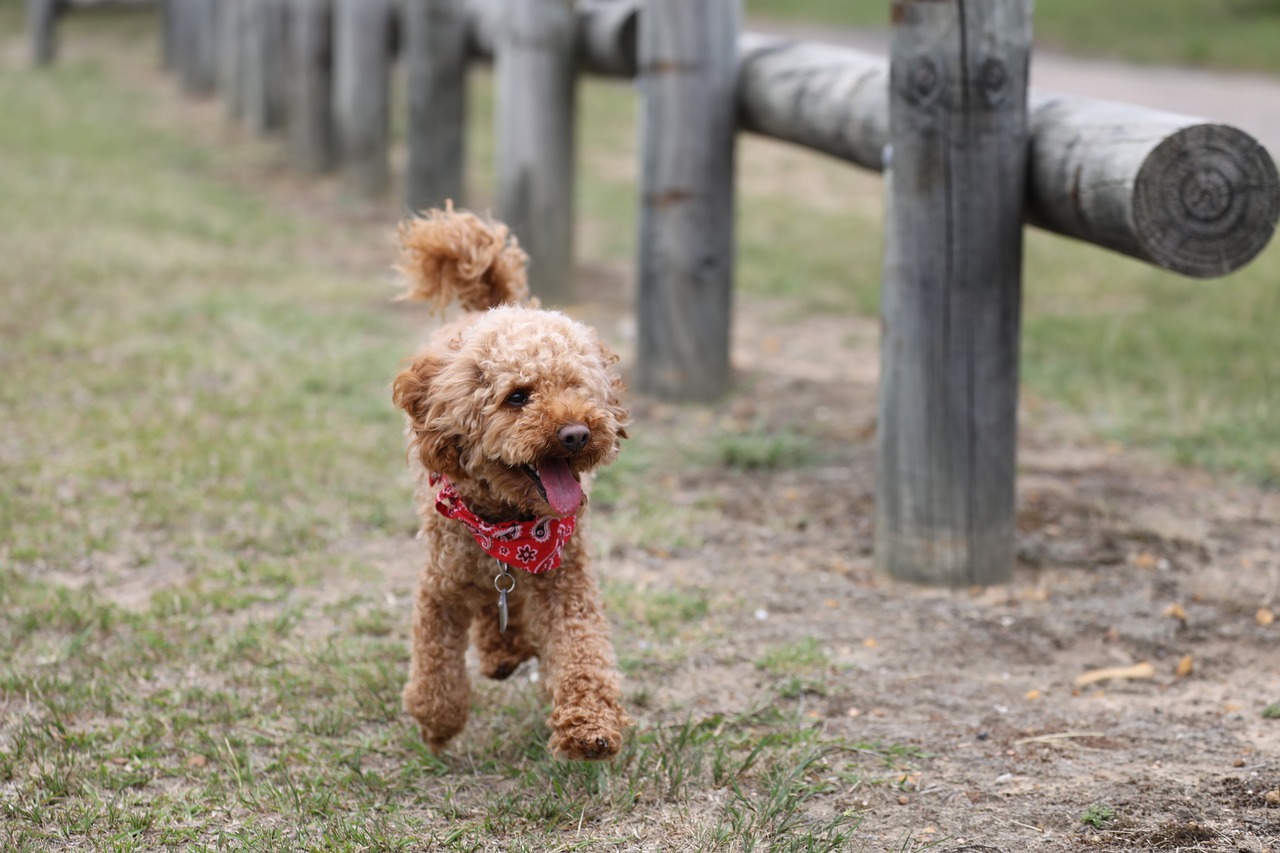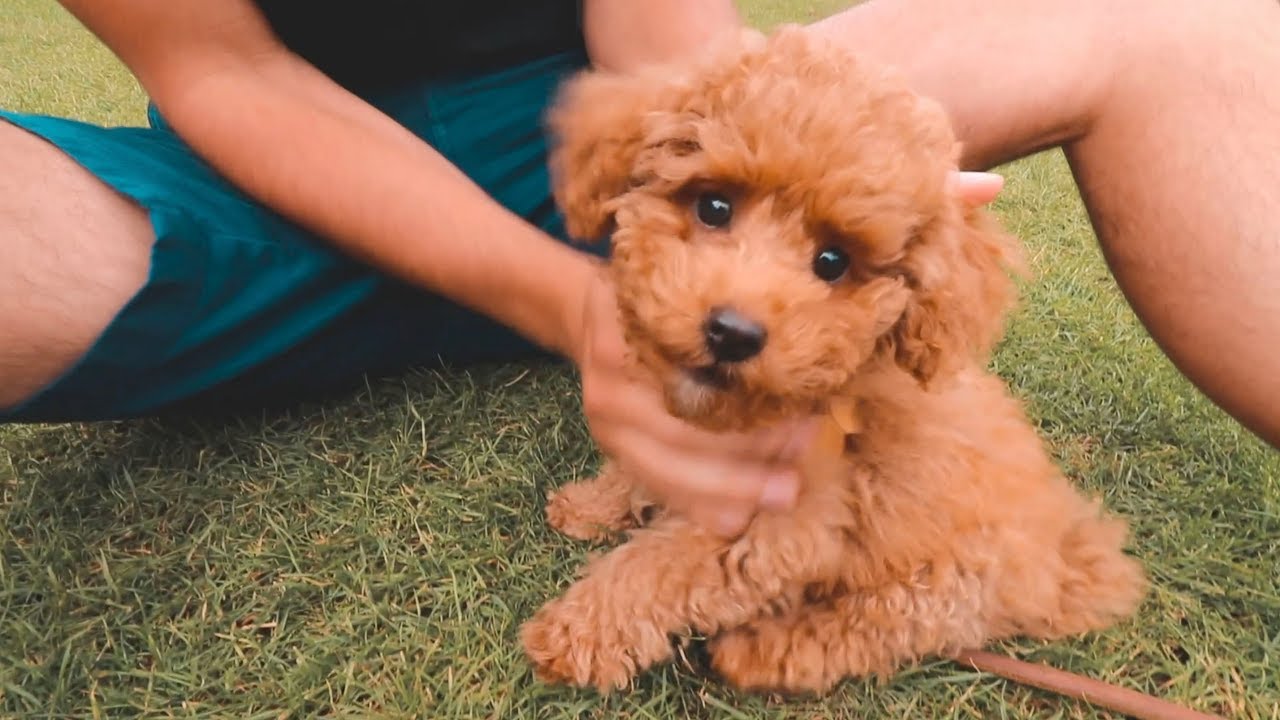
Toy Poodle Dog – Health, Characteristics, History & More
Toy poodle Dog, Despite the widespread belief that the Poodle originated in France, there is evidence that his origins are more likely to be Eastern European, even Russian. The name “Poodle” is derived from the German word “Pudel”. While the larger Poodles were being used as gundogs to retrieve waterfowl, the smaller Poodles were trained as “truffle dogs”.
Their keen sense of smell was used to search for and dig up this rare delicacy. The types of dogs used for this work had to have sharp noses and be light on their feet, so they would not damage the valuable truffle.

The smaller Toy and Miniature Poodles are second to none for their intelligence and ability to entertain. They were trained by circus clowns to take part in their acts. Their hair was trimmed into pompoms to match the pompoms on the clown’s costumes. The pompoms on the joints and those over the kidneys were also looked on as a protection against the cold when the dog was working.
Characteristics Of Toy Poodle Dog
The toy poodle dog is the smallest of the poodles, standing at under 11 inches at the shoulder.
The Poodle is, of course, easily identified by his coat, which is curly, dense and water repellent. It is closer to wool in texture. The Poodle does not molt and is often the breed chosen by allergy sufferers.

As the Toy Poodle Dog does not molt, regular grooming is essential. In addition to being brushed thoroughly at home, a visit to a grooming parlor every six to eight weeks is a must. Poodles are a high maintenance breed.
Prospective owners need to factor in the cost of regular professional grooming into the household budget. The most popular trim for a companion Poodle is the “ Lamb Trim”, which is easy to keep brushed in between a visit to the groomers.
People’s attitude to Poodles is often unfortunately prejudiced by the various cartoon portrayals of the breed. Toy Poodles are versatile little dogs, equally happy sitting on your lap or going for long walks in the park. They love to play and are amazingly quick learners.
Many regularly compete at a high level in Agility competitions. Don’t underestimate Toy Poodles, they are capable of a lot more than some people give them credit for. As with their larger cousins, they thrive in the company of humans. Their small size means that they do not need a big house with huge gardens, they are ideally suited for town or country life.
Health Of Toy Poodle Dog
Toy Poodle dogs can be prone to ear infections. Their ears need regular attention to keep them clean and free of hair. They should be routinely checked for early signs of wax or hair build-up. The teeth of the Toy Poodle do seem prone to decay. Regular checks and occasional trips to the vets for de-scaling should help to keep the teeth healthy for longer.

In general Toy, Poodles are healthy breeds. They seem to be affected by relatively few hereditary problems. Reputable breeders will do their very best to breed puppies that will live long, healthy lives.
The breed was fortunate that a DNA test for Progressive Retinal Atrophy (PRA) was developed and has been embraced by caring breeders. When buying a Toy Poodle puppy, try to ensure that the parents have been tested clear under the “ Optigen Scheme” for PRA/PRCD.
If the parents have not been tested under this scheme, ask if they have a current (within the previous 12 months) eye certificate from the BVA/KC eye scheme. If none of these are available, it might be wise to find a breeder who does tests. Toy Poodles are very fortunate not to suffer as many diseases as the larger Standard Poodle. They do occasionally suffer from ingrowing eyelashes, epilepsy and Legge Perthes disease (a leg joint weakness).
